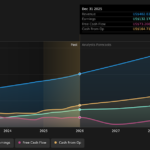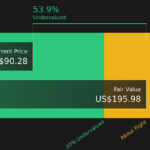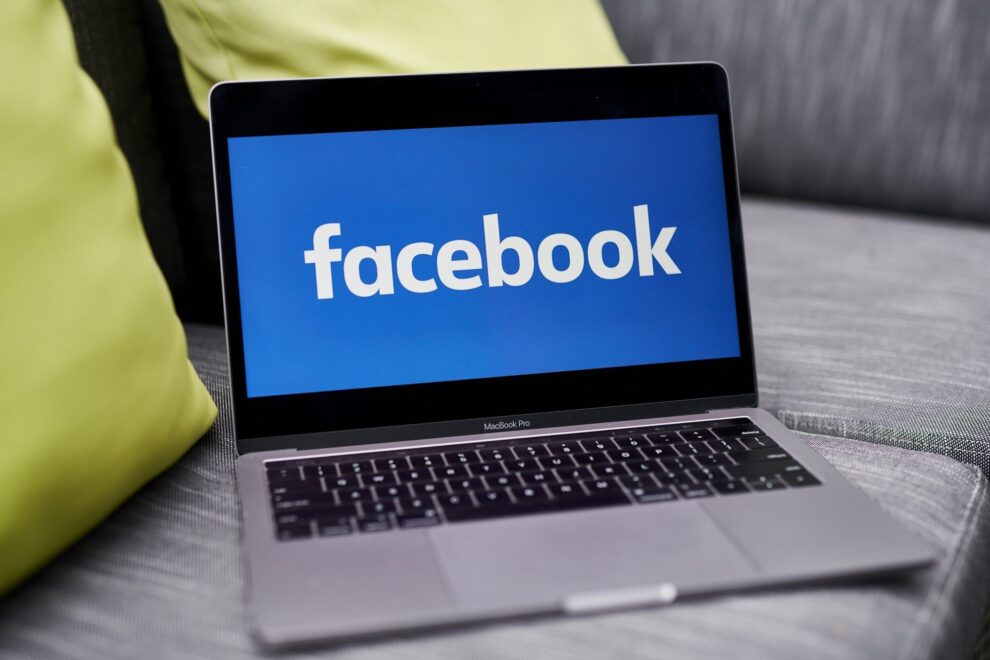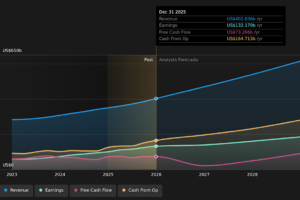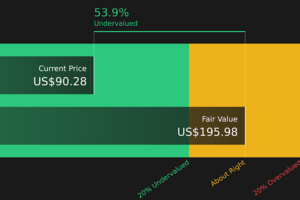
(Bloomberg) — Facebook Inc.’s fourth-quarter sales jumped 33%, with online shopping during the pandemic fueling demand for digital ads on its social networks. Still, the company warned of “significant uncertainty” in 2021, and said it may not be able to grow as quickly in the second half.
Quarterly revenue was $28.1 billion, the Menlo Park, California-based company said Wednesday in a statement. That compared with the $26.4 billion average analyst estimate in a Bloomberg survey. Facebook now has 2.8 billion monthly users, beating the average prediction of 2.76 billion, as more people spend time on their phones while unable to gather or travel during Covid-19-related shutdowns.
As the pandemic continues to make in-person contact risky, people are relying on Facebook to remain connected with friends and family. Small businesses that haven’t previously used the internet to reach customers have increasingly turned to Facebook, Instagram and WhatsApp — now with a combined audience of 3.3 billion — to get their messages out.
The company said those same trends would make it more difficult to grow as fast when the pandemic effects wear off. Facebook is also confronting a rising tide of regulatory scrutiny and criticism over its policies on privacy, free speech and offensive content.
“Facebook stock is not without significant controversy,” Justin Post, an analyst at Bank of America Merrill Lynch, said in a note to investors. The company may face investor questions about any number of public perception problems — like the fact that users on Facebook organized the Jan. 6 Capitol riots, leading the company to suspend former President Donald Trump indefinitely to prevent further violence, Post said.
The company posted fourth-quarter net income of $11.2 billion, or $3.88 a share, compared with the $3.22-per-share analyst estimate. The stock was little changed in extended trading, after falling 3.5% in New York to close at $272.14. Shares have gained more than 26% in the past year.
Chief Executive Officer Mark Zuckerberg briefly addressed the recent debates, saying he would work to limit political discussion on his social networks, including refraining from recommending that people join political groups on Facebook.
“People don’t want politics and fighting to take over their experience on our services,” he said on a conference call following the earnings report.
Facebook said it also benefited because people are spending their money on products, as opposed to in-person services, and those rely on digital advertising. The company has been investing in direct shopping, too, especially on photo-sharing app Instagram. Research firm EMarketer estimates that Instagram accounted for 49% of Facebook’s U.S. advertising revenue in 2020.
“Commerce appears to be really taking center stage here, making transactions a core part of Facebook,” in terms of product ads and direct shopping, said Ron Josey, an analyst at JMP Securities. Facebook doesn’t disclose revenue for Instagram or any of its individual properties.
Facebook said it will also start to see a revenue hit from changes to Apple Inc.’s iOS 14 software on the iPhone, which will require that apps get explicit user permission to track their activity. Facebook Chief Financial Officer Dave Wehner said he believes many users will opt out of this tracking. Zuckerberg criticized the iPhone maker for the change, saying it would make it harder for Facebook advertising customers to target their messages.
“Apple may say that they’re doing this to help people, but the moves clearly track their competitive interests,” Zuckerberg said.
(Updates with reduction in political content in sixth paragraph.)
For more articles like this, please visit us at bloomberg.com
Subscribe now to stay ahead with the most trusted business news source.
©2021 Bloomberg L.P.



